Top: A collage showing investigations published by The DayLight in 2022. The DayLight/Gabriel Dixon
MONROVIA – This year has been very eventful for The DayLight. We produced some very revealing investigations, particularly in the forestry sector. They include violations of all sorts: conflict of interest, illegal logging and wildlife poaching.
Our stories led to at least one official inquest and two court cases. They put the forestry industry under the spotlight for accountability and transparency, apparently led to administrative actions within the Forestry Development Authority (FDA), and uncovered certain illegal logging activities commonly called “Kpokolo.” We even lifted the lid on abandoned logs across the country.
As the year draws to an end, we take a look at our best stories:
Park Beautiful But Breaks Airport Safety Standards

In this April piece, Gabriel M. Dixon exposes how President George Weah’s much-loved Invincible Park, built at the foot of the James Spriggs Payne Airfield, breaches international aviation standards. Citing the rules and regulations of the International Civil Aviation Authority (ICAO), the article showed the facility is a beautiful nuisance. Draped in the exposure of Weah’s inconsistent comments in the buildup to the park’s dedication, the story features a history of accidents at the airport and its 6,000-foot runway’s relevance to Liberia’s troubled political history.
It is our most-read story with more than 4,555 readers as of writing time.
Akewa: The Nigerian Company Breaking Liberian Laws Unpunished
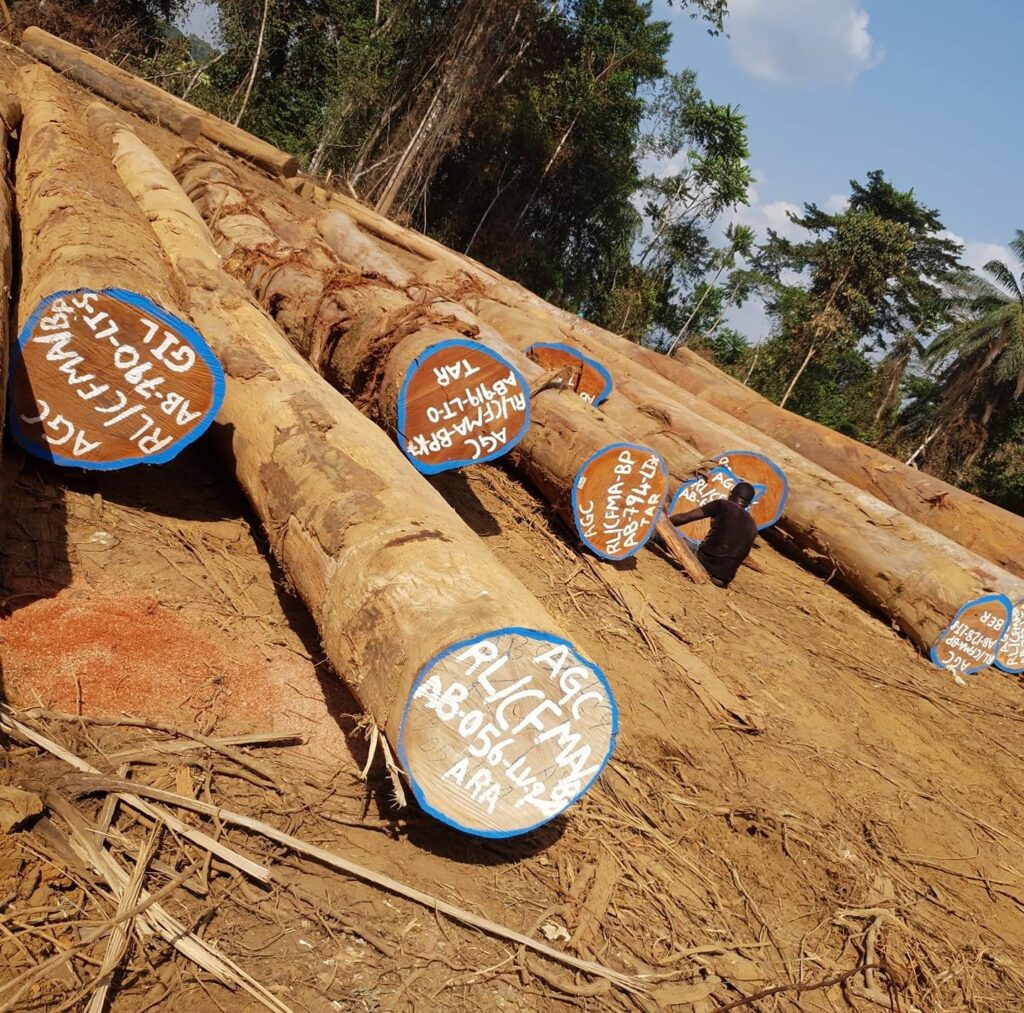
Editor-at-large Emmanuel Sherman and Managing Editor James Harding Giahyue started the year on a very high note, investigating a bundle of violations by Akewa Group of Companies.
The January investigation exposes very serious offenses committed by the company as well as the failure of the FDA to enforce forestry laws and regulations. They include lying under oath, forging another company’s tax clearance, prolonging indebtedness to communities and illegal issuance of contracts meant solely for Liberian companies.
FDA Fails to Punish Firm For Chain of Illegal Logging
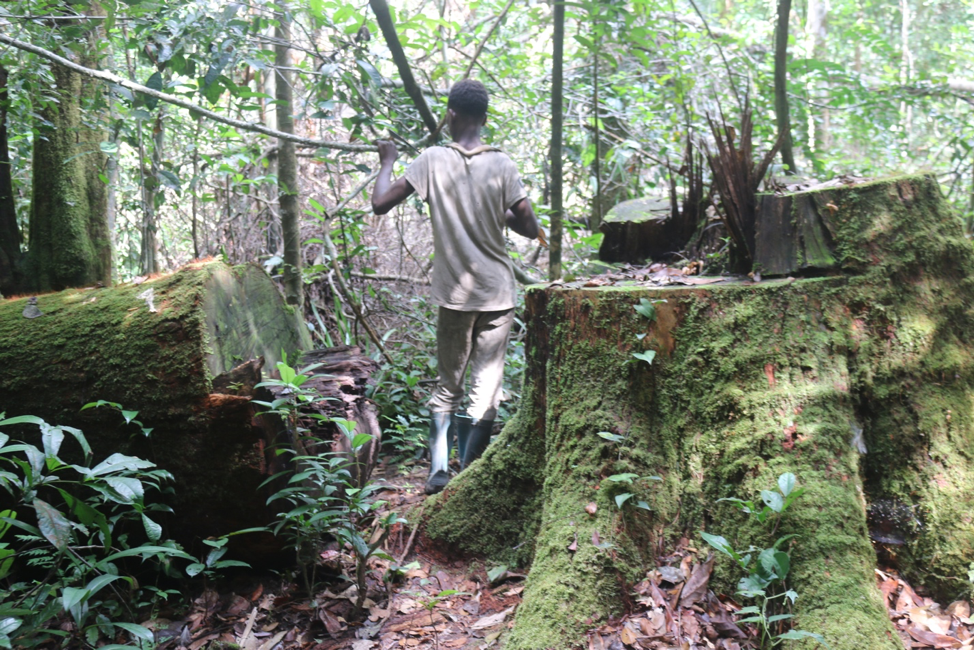
Editor-at-large Emmanuel Sherman tells a tale of Masayaha’s illegal logging activities. The Lebanese-owned company harvested an unspecified number of logs outside its contract area in Compound Number One, Grand Bassa County. Evidence Sherman gathered—interviews, pictures and official reports—shows Masayaha felled trees in several communities far away from the Worr Community Forest it is, in practice, entitled to.
Sherman and our Director/Managing Editor James Harding Giahyue would expose the company’s other wrongdoings, including an illegal transfer of its logging rights from Magna, a Liberian-owned firm, its indebtedness to communities and abandonment of nearly 600 logs.
Foya Plants Trees to Defeat Deforestation
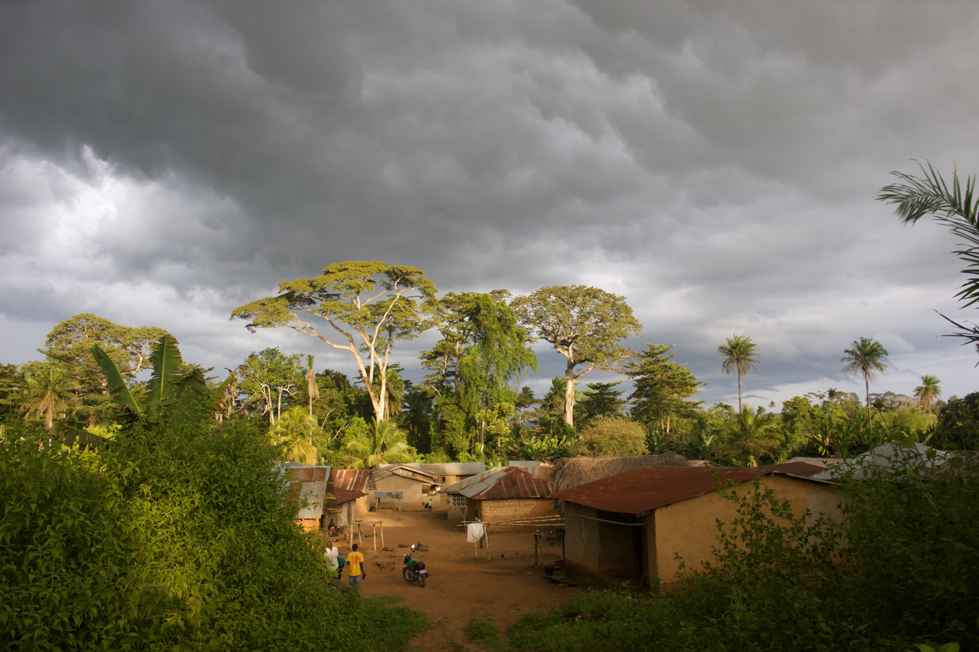
James Harding Giahyue tells us how a collaboration among villagers, local authorities, civil society, the private sector and an international nongovernmental organization is putting Foya on the cusp of victory against deforestation.
Trees have been replanted on riverbeds and where there was savannah, with crops thriving. A large group of farmers is returning to swamplands and producing rice threefold. All of this is happening with locals having formalized ownership of their land.
Foya may have surrendered its breadbasket profile to the marauding savannah grass fueled by climate change but it is getting it back.
Inside Liberia’s Pangolin Scales Smuggling Syndicate
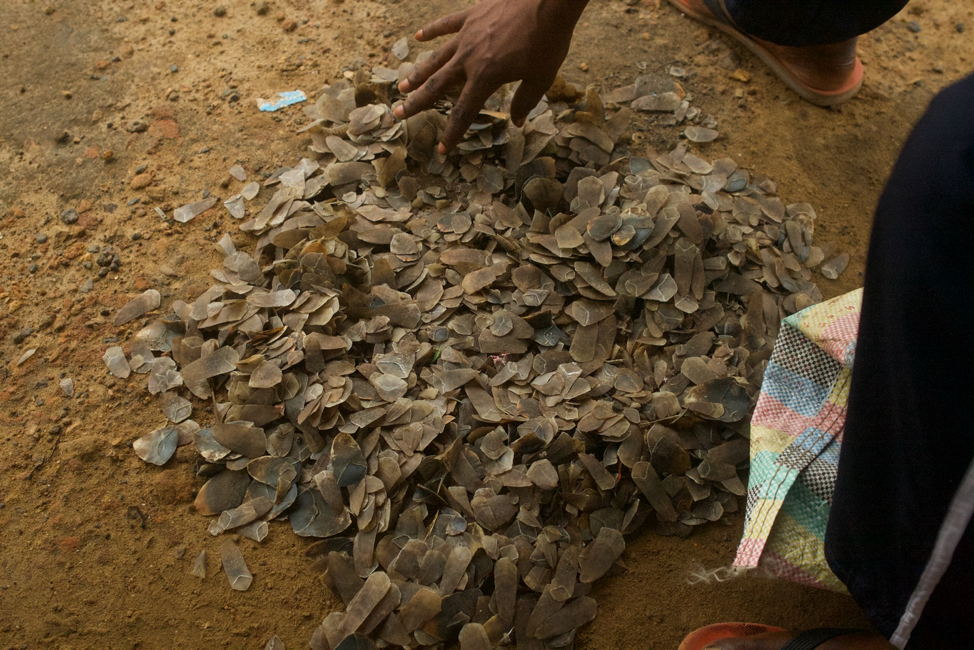
In a four-year investigation covering nine counties, The DayLight sheds light on a network that traffics pangolin scales out of Liberia. It names and shames major actors of the illicit trade and exposes the organization of the cabal as well as its trafficking routes.
Woman Runs Illegal Logging Operation
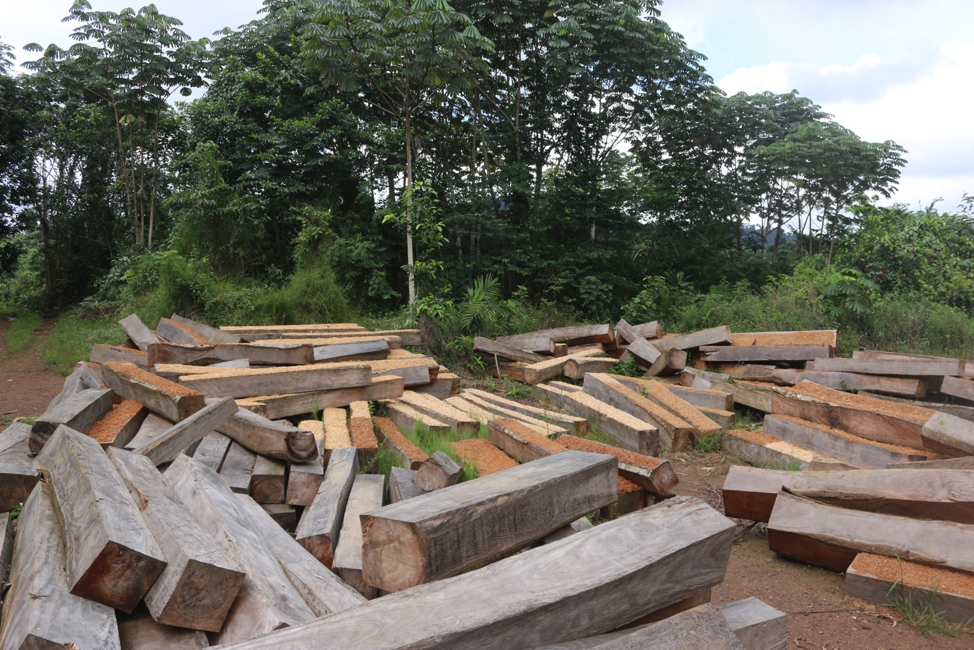
The unlawful operation in Grand Bassa County of Binta Bility, a businesswoman, was exposed in this September investigation. The article showed that Bility produced block wood, which has come to be known in the industry as “Kpokolo.”
Having initially denied she ran the kpokolo operation in Compound Number One and somersaulted to confirm she was the one, Bility has vowed to cease her illicit activities. But the law requires she is punished.
Minister Breaks Law with Shares in Mining and Logging Company
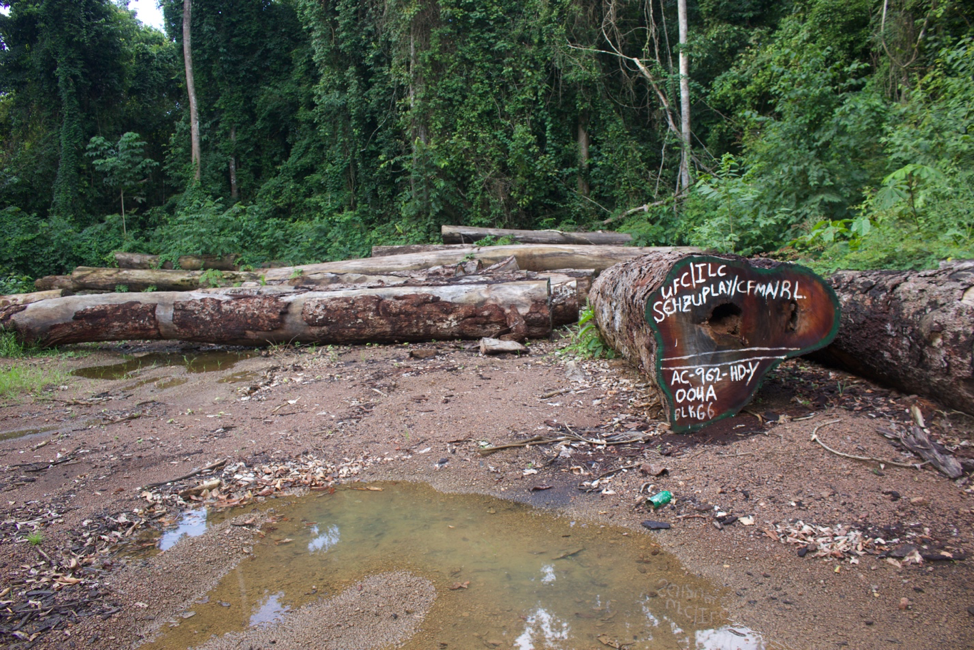
This late June investigation, the first of a three-part series, reveals the Minister of Posts and Telecommunications Cooper Kruah is involved in a conflict of interest with shares in Universal Forestry Corporation (UFC). The company has held about a dozen mining licenses and one logging contract since Kruah became a minister in February 2018.
Kruah established UFC back in the 1980s and retains his five-percent stake in the company even after he was appointed to his ministerial post in February 2018. Kruah admits he holds the shares but claims he turned them over to a relative, which still contravenes a number of Liberian laws, including the Constitution.
The second part of the series uncovers Kruah and UFC unlawfully subcontracted their agreement with a community forest in Nimba and harvested a number of logs without authorization.
The third and final part of the series will focus on UFC’s mining violations.
Company Cuts US$2M Logs Outside Concession
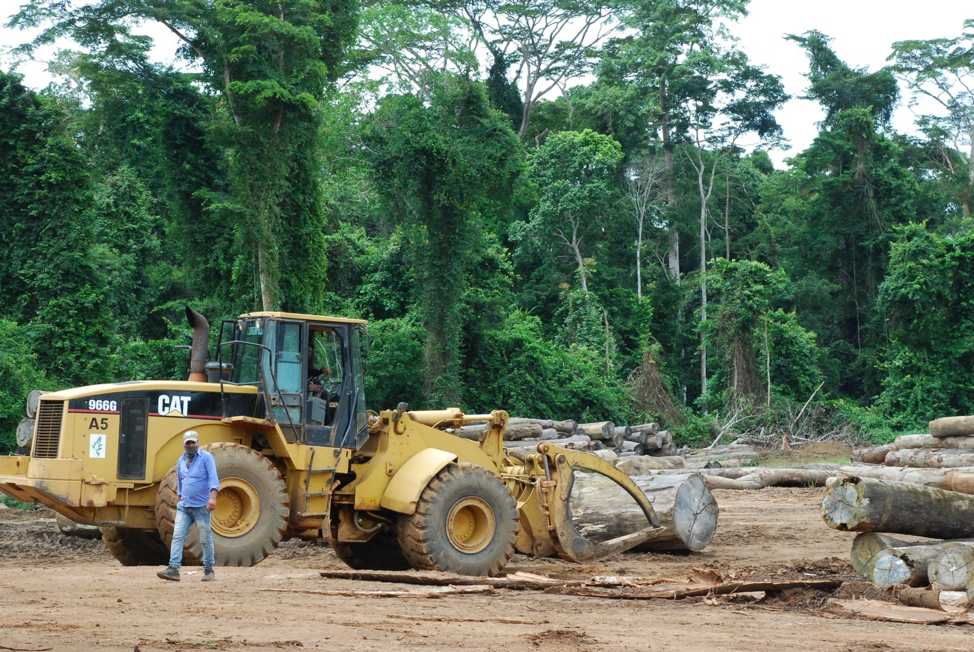
Another bombshell in June, this first of a two-part series exposes a Singaporean company that cut some US$2.2 million logs outside its contract area in Balagwalazu in Lofa’s Zorzor District.
Sing Africa had rejected the particular portion of forestland where it felled the trees in 2016 when it signed an agreement with the Bluyeama Community Forest. However, that patch of the forest has a good number of first-class logs, and the company secretly harvested them.
At the same time, the second part of the series shows Sing Africa also abandoned an estimated 2,500 logs.
FDA Managing Director Mike Doryen said at the time: “Eventually, we are going to take some actions [against Sing Africa]. We are in a better position now to be faster.”
Doryen suspended and replaced the FDA ranger responsible for Grand Bassa after the story was published. However, no actions have been taken against the company.
Another Company Illegally Cuts 550 Logs in River Cess
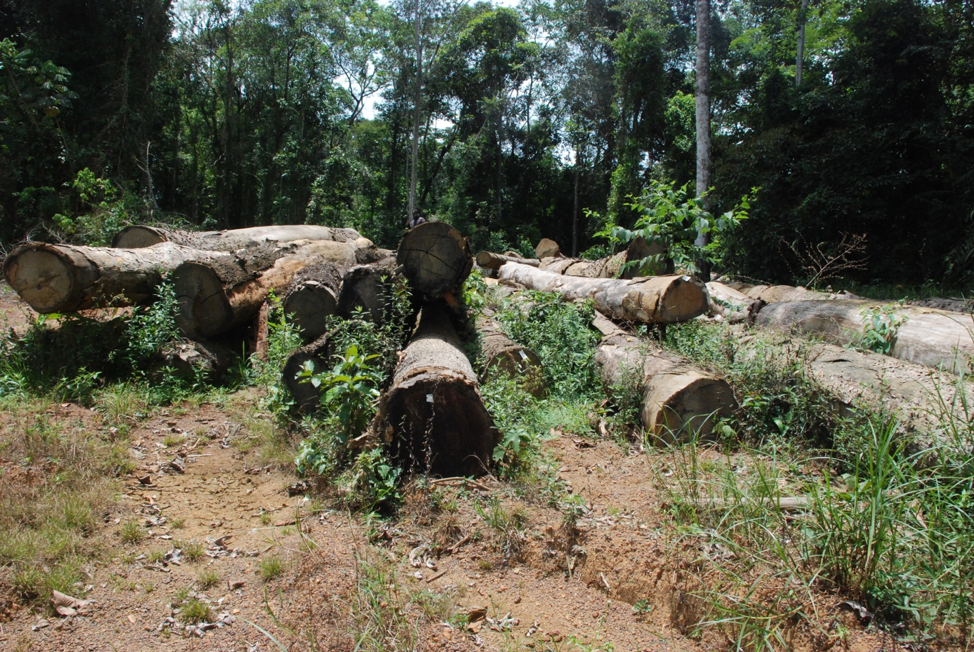
African Wood and Lumber Company, owned by an Italian businessman, harvested 550 logs in a River Cess community forest, this July article reveals.
Cesare Colombo’s company felled the trees in the Norwein District without a harvesting certificate, a violation of the National Forestry Reform Law.
The Forestry Development Authority (FDA), infamous for its complicity in the sector, suspended and replaced its staff responsible for River Cess after the publication. It made no reference to The DayLight’s investigation, though.
Ex-diplomat and Police Commander Involved in Illegal Logging Activities

This August investigation by Gabriel Dixon (Henry Gboluma and Mohammed Sheriff) exposes a log-trafficking network comprising a former envoy, a policeman, illicit loggers, middlemen and villagers. It all came to light when The DayLight published
People named in the investigation and an FDA ranger whose illegal activities were exposed in a leaked video are being investigated. And the FDA has petitioned courts in Bomi and Gbarpolu to confiscate and auction the illegal timber and vehicle used to transport them.
FDA Managers Issue Illegal Export Permits
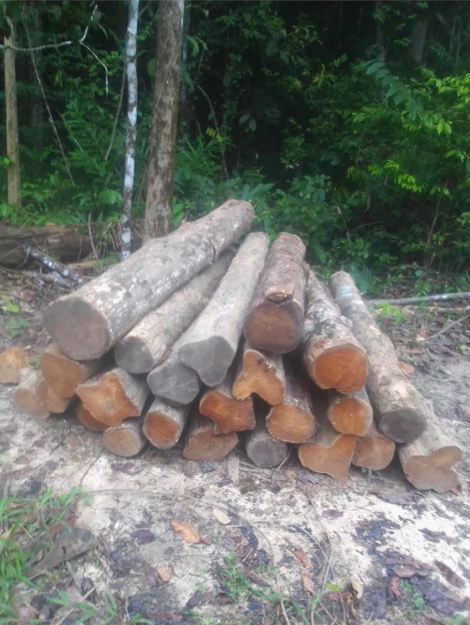
In our biggest report of the year, The DayLight exposes FDA Managing Director Mike Doryen and top managers of the agency award export permits outside of the legal channel.
The October investigation proved that Doryen and co have collected fees from two companies—Rosemart Inc. and Porgal Enterprise Inc.—but have not accounted for the funds. It also sheds light, particularly, on the illegal operations of Rosemart, which has operated illegally for a number of years in Nimba County. A follow-up article uncovers the company has shipped US$100,000, citing the illegal permits we obtained.
FDA’s attempt to deny the report did more harm than good. It claimed that Générale de Surveillance (SGS), the Swiss firm that established Liberia’s log-tracking system, rejected Rosemart’s logs. However, SGS refuted that claim.
Also, Gertrude Nyaley, the technical manager for FDA’s legality verification department (LVD) overseeing the log-tracking system, denied knowledge of Rosemart’s permits.

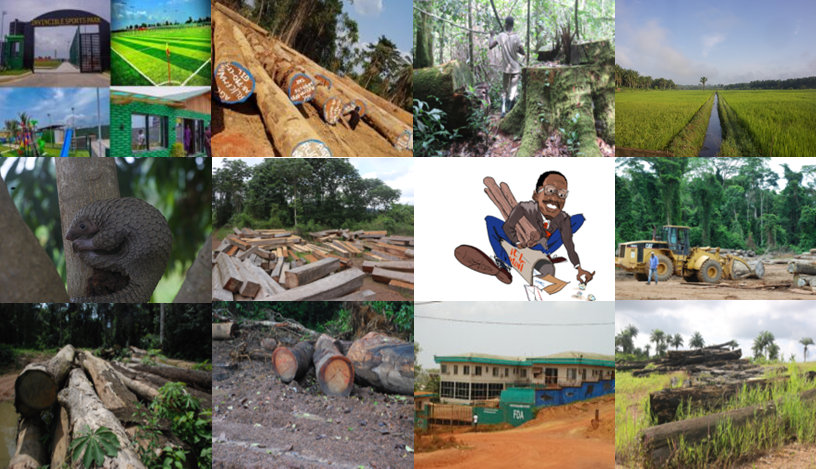
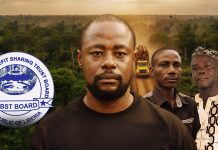
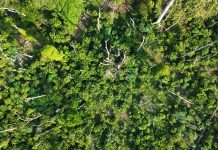

Facebook Comments